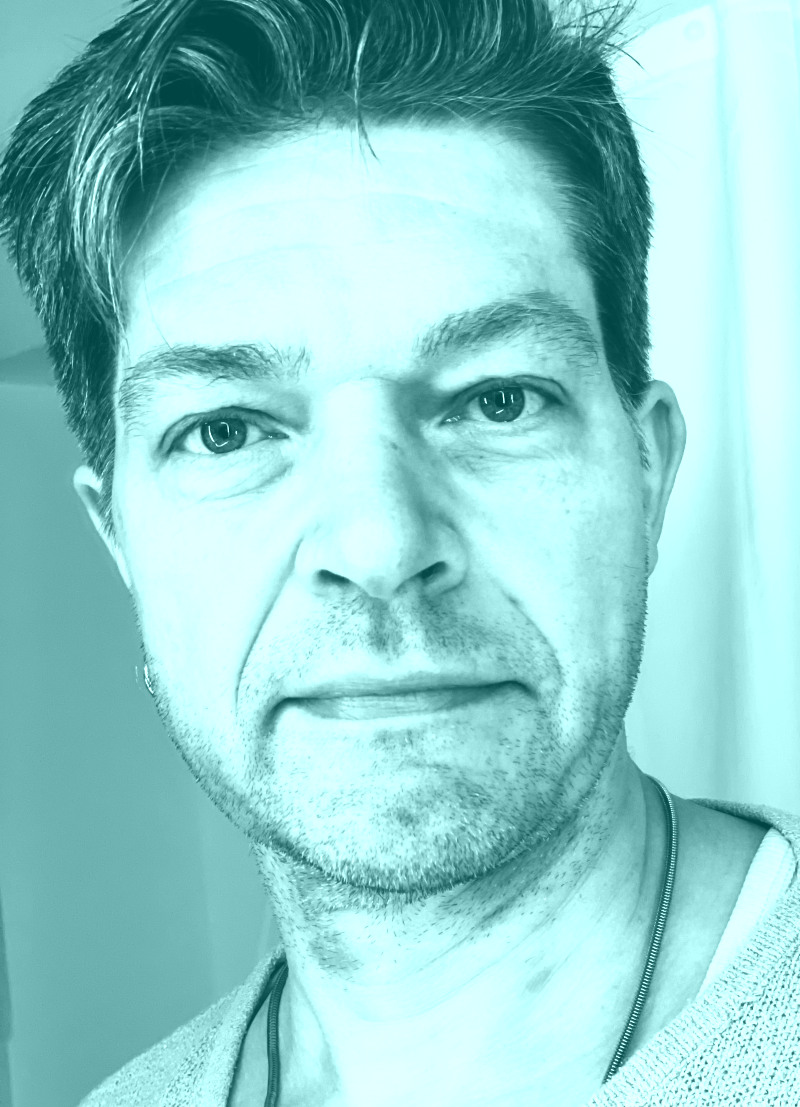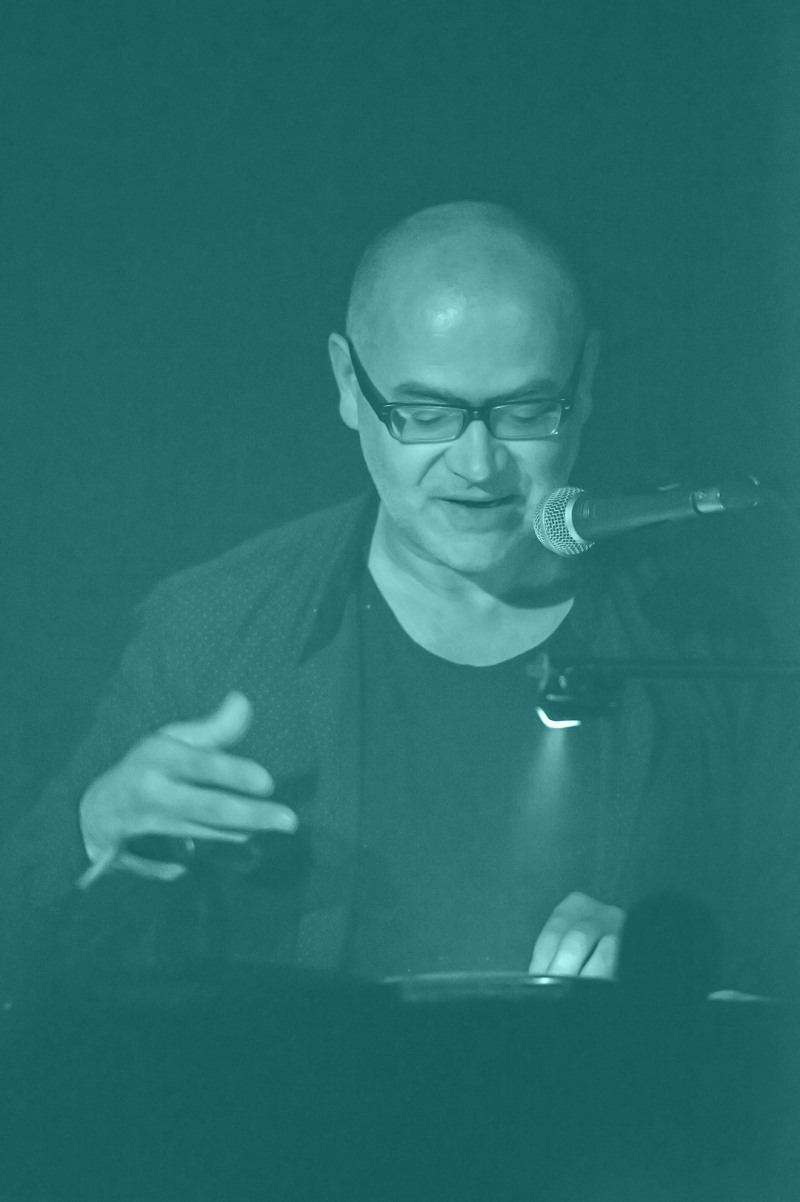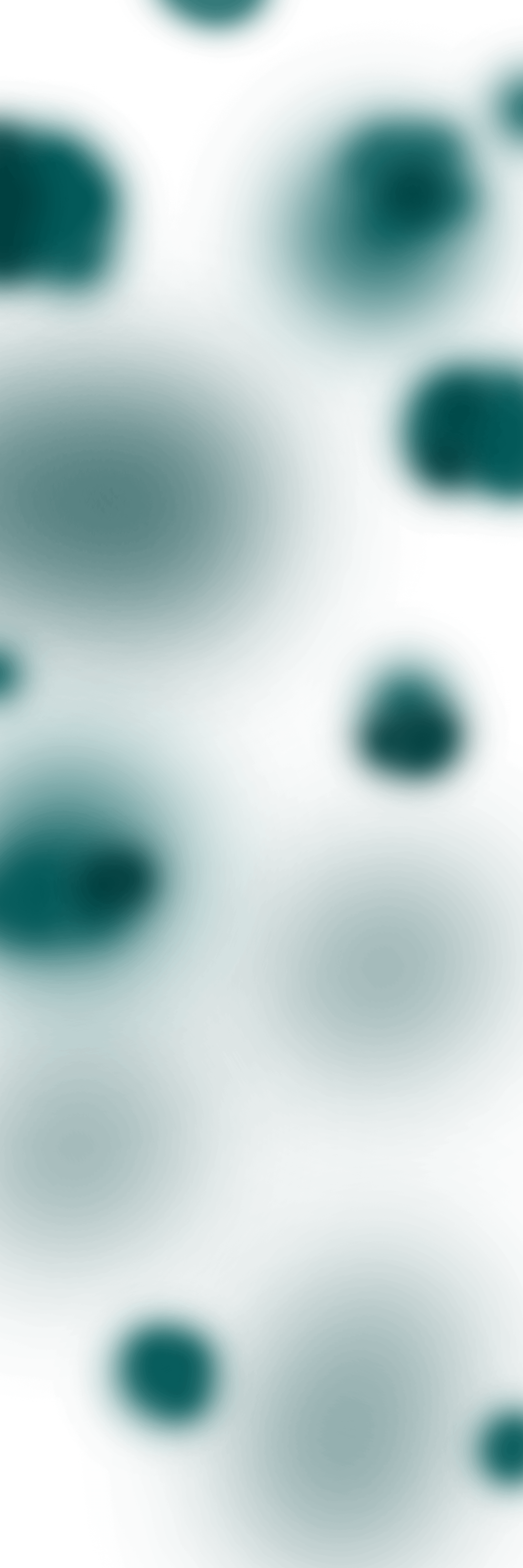An intelligence agency collects information about its own citizens – at the bequest of the country’s only official party.This intelligence agency, the East German Ministry of State Security, uses the information to protect the country from harmful influences – from outside or inside its own borders. This description applies to intelligence agencies all over the world. So why is this building, the local Stasi headquarters, such a special place?
Maybe because the surveillance that was conducted here until 1989 was not subject to any supervision, as none of the people affected or accused could demand their constitutional rights. Maybe because the entire population was suspected of not trusting the governing minority. Or maybe simply because the abuse of power seldom seems so mundane as in a place like this, buildings 01 and 02.
With Michael Viebig, director of the Roter Ochse Memorial Site in Halle, André Gursky, research assistant at the Roter Ochse, Marit Krätzer, director of the Stasi Archive in Halle, citizens of East Germany who had connections to the Stasi or were subject to repression, materials from the Federal Stasi Records Agency and Erich Mielke.
Sound concept: Jasmina Al-Qaisi, Ralf Wendt



